THIS ARTICLE/PRESS RELEASE IS PAID FOR AND PRESENTED BY NTNU Norwegian University of Science and Technology - read more
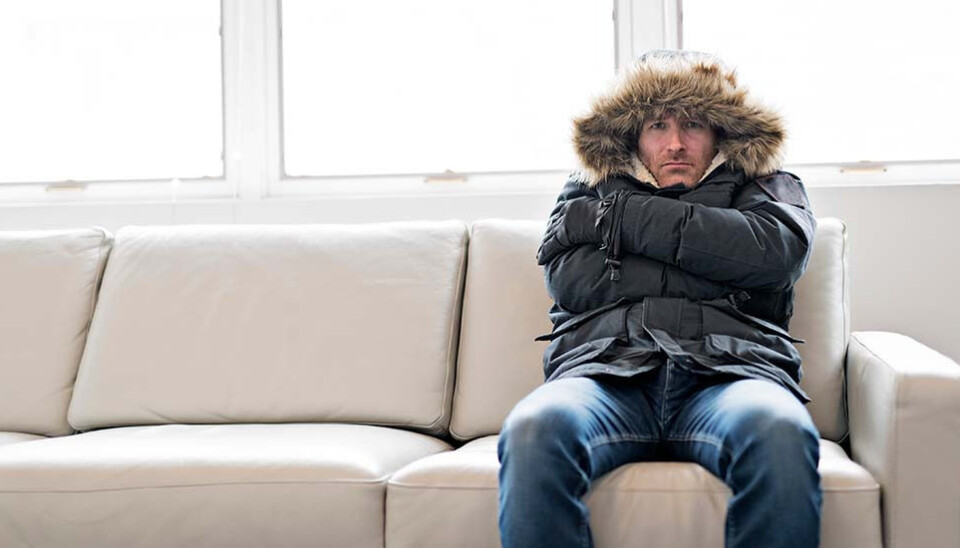
Are Norwegians selfish for complaining about electricity prices?
And is it acceptable for some to take advantage of the situation in order to enrich themselves at the expense of others?
Norwegians have become accustomed to low electricity rates for generations because the country has so much hydropower.
Last winter, for a variety of reasons, everything changed. A lot of people want to go back to the good old days with fewer exports and lower prices.
Could Norwegians be considered egoists if they don’t to want to share any potential power surplus with other countries in times of crisis?
“No, egoism is too loaded a word,” says Rita Vasconcellos Oliveira. “But if they are selfish, it’s understandable.”

Oliveira is an ethicist who studies energy and justice at the Department of Industrial Economics and Technology Management at NTNU.
As a general rule, it is not Oliveira’s job to draw conclusions, but to present different sides of a case in order to discuss them.
Ethical egoism?
In Norway, low electricity prices have long been almost a matter of course for most people and industries. As this changes, it’s no wonder people are reacting strongly. They may even have some sort of moral obligation to act.
“People’s reactions could be a matter of ethical egoism,” the researcher says.
The issue is not necessarily just about what is best for us or the majority. It might also be about supporting people who are the worst off.
“The crisis raises several moral questions. Should we strive to reduce inequalities? If so, how?” Oliveira asks.
- If we are moral egoists, we only think of what is best for ourselves, and people who take advantage of the high prices will continue to do so.
- But if we think about the common good for the majority, we would want politicians and ourselves to act accordingly.
- Most of us are still managing pretty well, despite the high cost of electricity. So if we think about people who are in the most financial trouble already, we would want to behave so that they suffer less.
- Finally, if we believe that the most important thing is for everyone in Norway to avoid uncertain access to energy, and perhaps poverty, we can support measures that put a ceiling on energy costs.
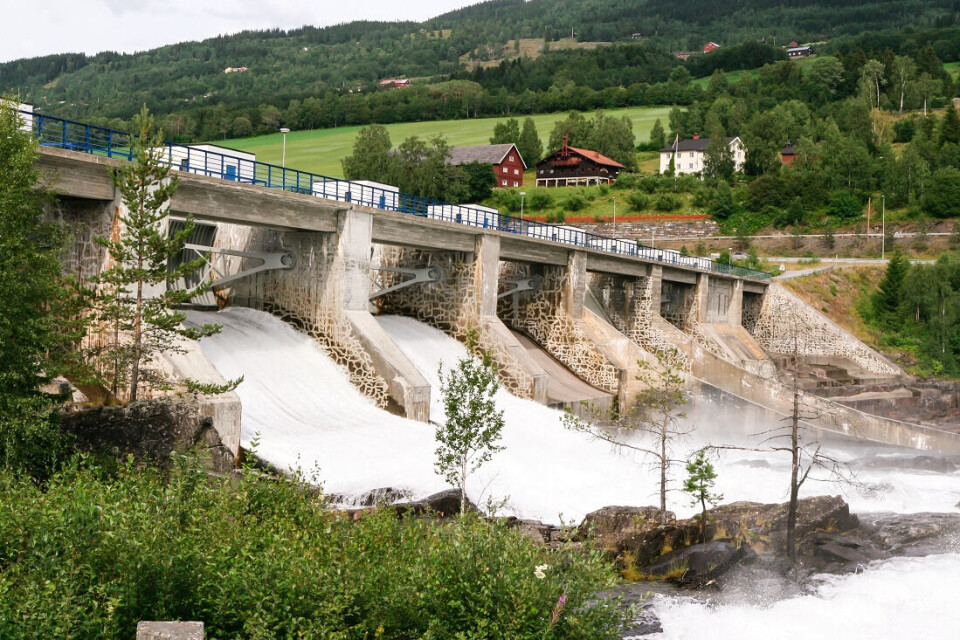
Solidarity with people down south?
Shouldn’t we also be in solidarity with our friends further south in times of crisis? Parts of Europe are at war, which is reported to be a main reason for the high energy prices.
However, the price surges in large parts of Norway and Europe are the result of more than the war in the Ukraine and energy exports to Europe. There’s no guarantee that prices will drop quickly as soon as the war ends.
The short version of the issue is that weather in Norway, as in many other countries, hasn’t behaved as it used to. A warmer climate can produce less rainfall, and climate scientists believe that countries like Norway have contributed to warming. In addition, greater opportunities for power transmission and newer, more commercial mechanisms have overtaken the Norwegian power market.
Large parts of Europe have become dependent on Russian gas, but most people probably did not give this too much thought before the war in Ukraine. However, now it's affecting our wallets.
Don’t need to support profiteering
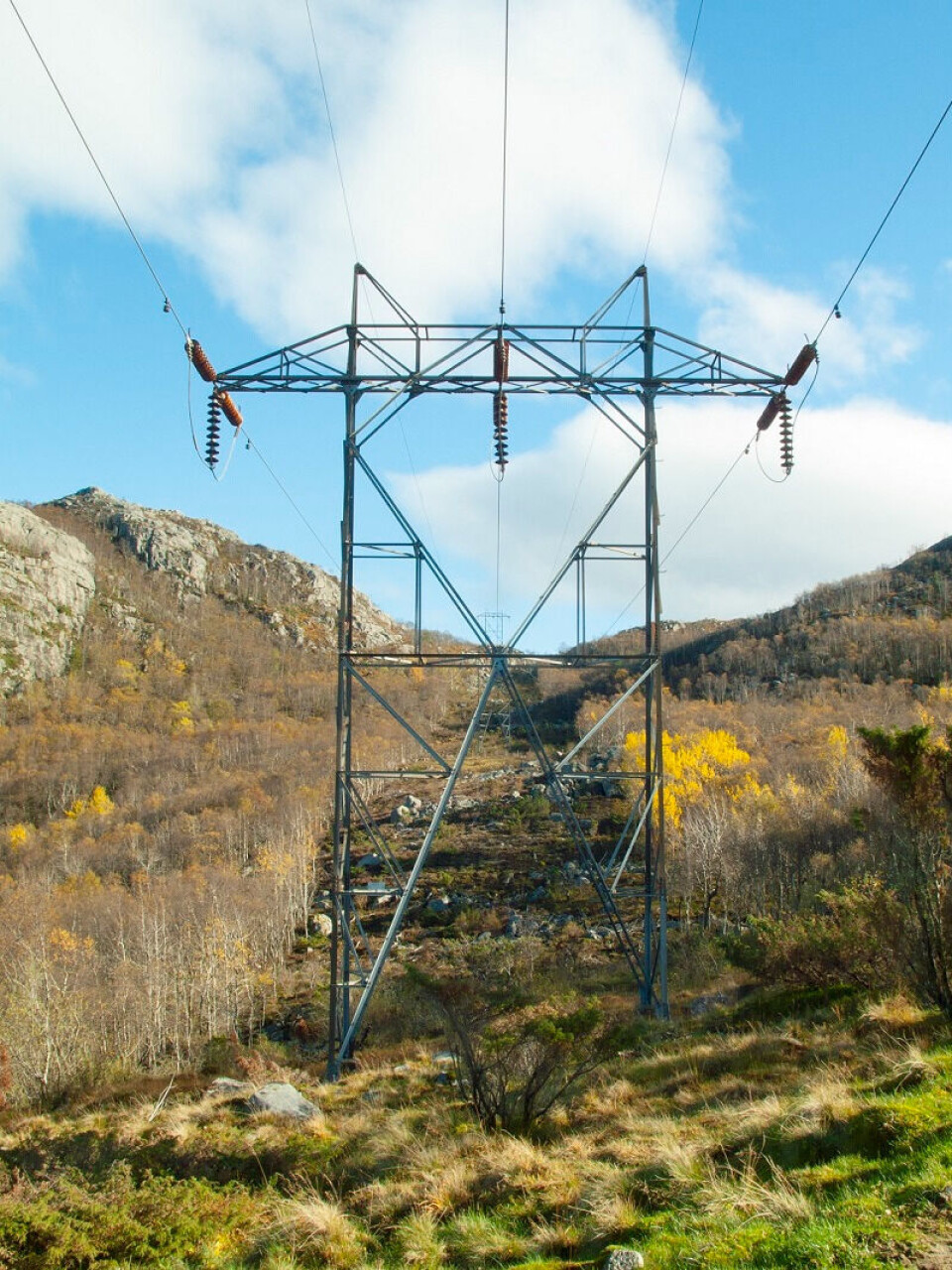
Some in Norway are raking in lots of money because electricity is so expensive. This obviously applies to power companies, but also to the Norwegian state, and that at the expense of most people.
“Why should Norwegian consumers suddenly think it’s okay for someone to profit so much from power? Maybe they shouldn’t,” says Oliveira.
Many people now feel that their needs are not being met. At the same time, it is easy to see that the high electricity prices affect people differently.
Norwegians are used to institutions and systems trying to take care of people, especially the least well off. But those who are the least advantaged to begin with tend to be hit the hardest by higher electricity prices, and talking about actual money makes it easier to quantify the situation.
“People realise that the new system isn’t sustainable, socially or for the environment, because it’s unfair,” Oliveira says. “Norwegian society isn’t used to this kind of systematic injustice. But an energy crisis can initiate as well as reinforce social injustice.”
Possibility of bigger protests after the war
Norwegian power prices have long since passed the EUR 0.5 per kWh rate at its worst. The fact that people elsewhere are worse off doesn’t make it any better.
In the Baltic states, rates recently topped out at EUR 4 per kWh, and Norwegians probably appear pretty spoiled to the rest of the world.
“People are suffering all over Europe now. As long as there’s war, more people will want to show solidarity,” says Oliveira.
But could this solidarity end as soon as the war is over?
“Yes, the empathy definitely could end,” she says. “The war is a strong incentive to show solidarity, and the price of electricity might therefore stay high afterwards as well.”
Arguing that high electricity prices are good for the environment is probably not enough.
“We’ve found that it’s easiest to feel a moral responsibility for people,” she says.
This doesn’t mean that we can’t feel that kind of responsibility towards the environment. But not everyone manages to feel the same solidarity when it comes to climate change, for example. Nor does everyone feel they need to be in solidarity, either.
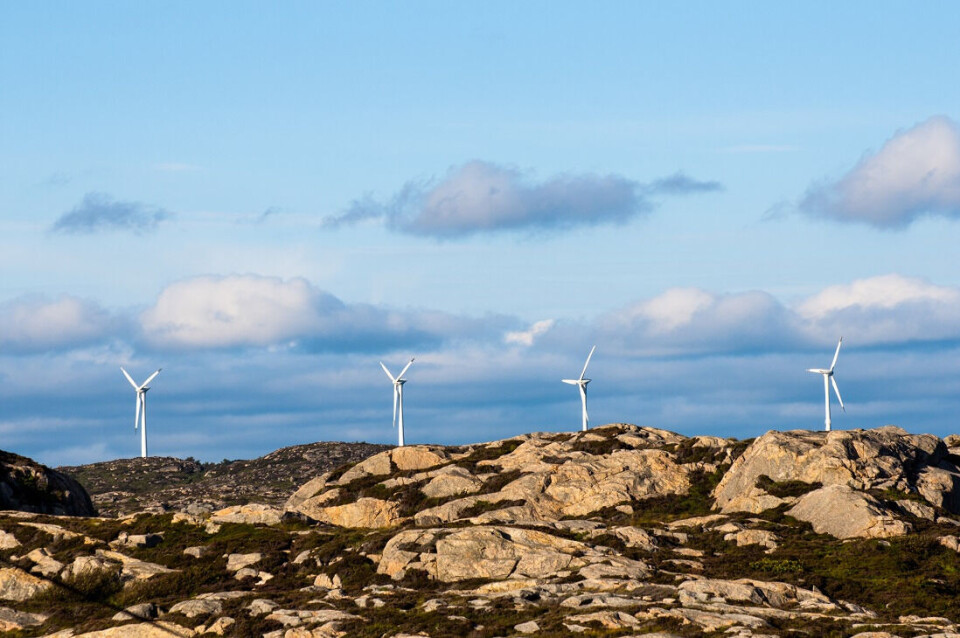
Important for the environment, surely?
The environmental arguments will probably be used more often as soon as the war is over. Because replacing nuclear power and coal power with hydropower from the Norwegian mountains must be good for the environment?
Well, yes, but our total energy consumption hasn’t decreased because of hydropower.
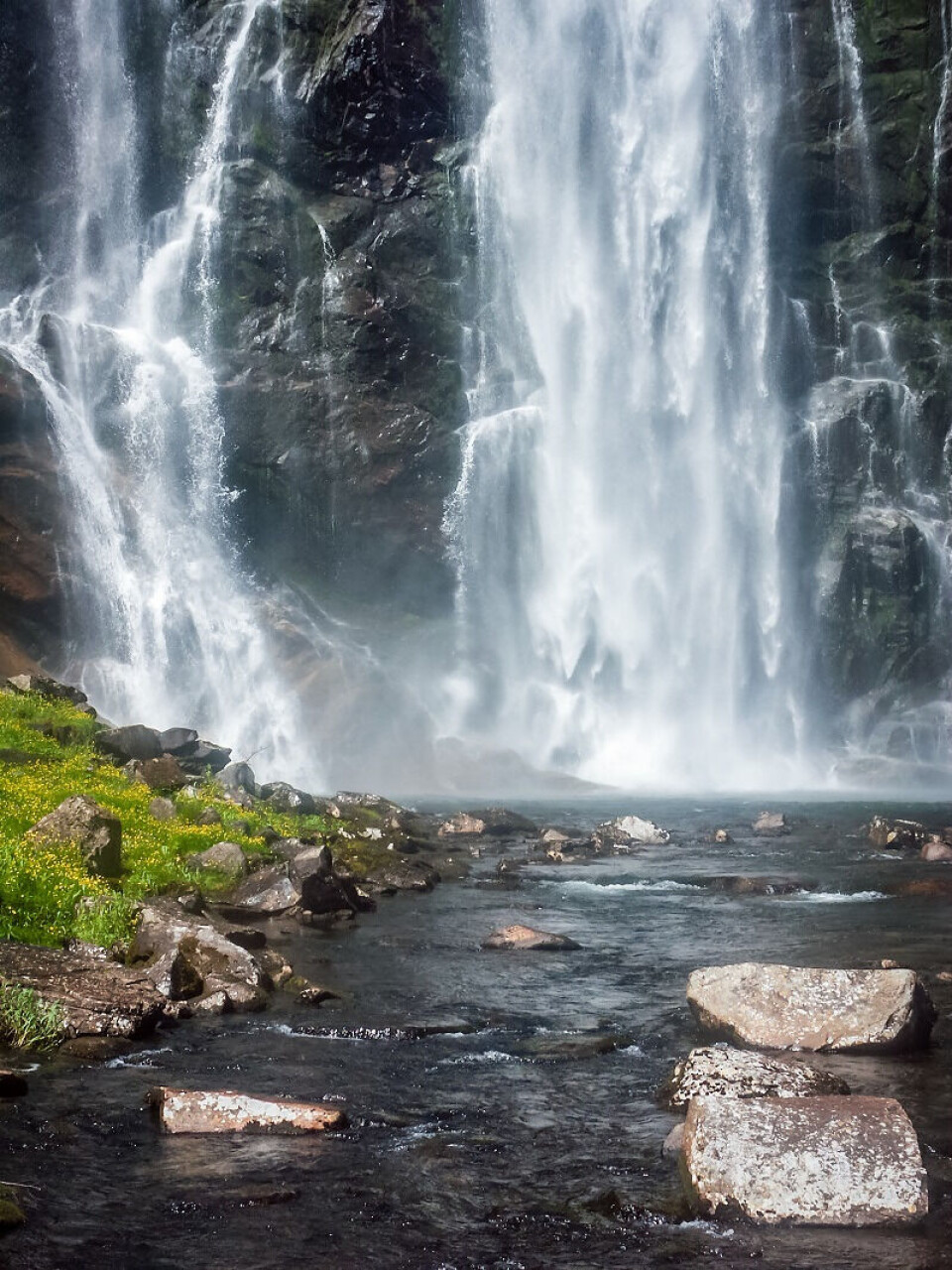
“No solution is without its disadvantages. There’s always a trade-off between various factors. For example, biodiversity can be set against climate measures,” says Oliveira.
Another point of discussion is just how environmentally friendly Norway’s hydropower actually is. The price of hydropower is that 70 per cent of Norway’s large waterways have been developed. You don’t have to look far to find salmon fishers who are convinced that hydropower development is not eco-friendly.
Some Norwegians likely still remember the large anti-hydropower plant protests in the 1970s and 1980s. Norway is now experiencing similar resistance toward land-based wind energy.
The Intergovernmental Panel on Climate Change (IPCC), for example, is open to the idea that nuclear power could be beneficial for the climate. But at the same time, potential radiation risks and vulnerability have been made clearer by nuclear power plants that have ended up in the war zone in the Ukraine conflict.
“Technology alone won’t save us, especially because there are no perfect green technologies,” says Oliveira.
A side effect of pointing out technology’s limitations is that these arguments can be used by people who just want everything to continue as before, with no reduction in our consumption of fossil fuels. The EU and the Norwegian authorities are therefore against nuclear power use.
The North unlikely to escape for long
Norwegian counties in the central and northern part of the country have so far escaped the recent rate increases relatively cheaply. Electricity prices in these areas have been much lower than in the rest of the country the past year. This is partly due to limits on transmission capacity to needed to transfer power from the north to the south of the country.
This could change in the future, however, raising the question whether greater transmission capacity would just lead to even more electricity being sold and exported. People in the north – where it is dark and cold for a great part of the year – might then end up paying the same high prices as the rest of the country.
But scientists don’t always like to make such predictions.
“This is a complicated issue,” Oliveira says somewhat cautiously. “Norway has become part of a common market with the rest of Europe, which provides new economic and political opportunities.”
However, those opportunities come with a risk that people in the north will also have to pay much more to keep warm through the long winter, which in turn might quickly be perceived as deeply unfair.
“People in Northern Norway don’t exactly use electricity to heat their swimming pools,” she notes.
The consolation is that opportunities exist within the regulations to compensate people who live in particularly vulnerable areas.
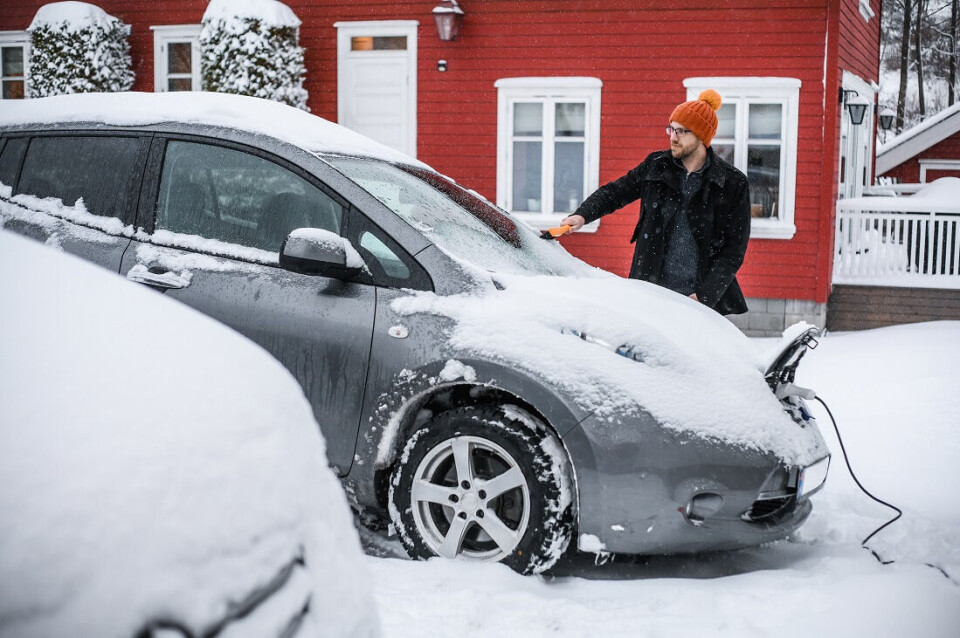
Boils down to limited renewable development
The underlying problem is that access to stable and greener power sources is still limited. More wind energy and greater development of other renewable energy sources could have helped the situation we are in now.
Oliveira believes the development of alternate energy sources has been too little, too late.
The limited access to renewable energy may also be contributing to the fact that people think the situation is unfair now.
“Developing sufficient access to affordable greener energy isn’t the responsibility of individuals alone. It’s mainly a collective responsibility that extends beyond the limits of immediate solutions,” says Oliveira.
But most Norwegians are feeling these consequences now.
Read more content from NTNU:
-
Why is nothing being done about the destruction of nature?“We hand over the data, but then it stops there"
-
Researchers now know more about why quick clay is so unstable
-
Many mothers do not show up for postnatal check-ups
-
This woman's grave from the Viking Age excites archaeologists
-
The EU recommended a new method for making smoked salmon. But what did Norwegians think about this?
-
Ragnhild is the first to receive new cancer treatment: "I hope I can live a little longer"





































